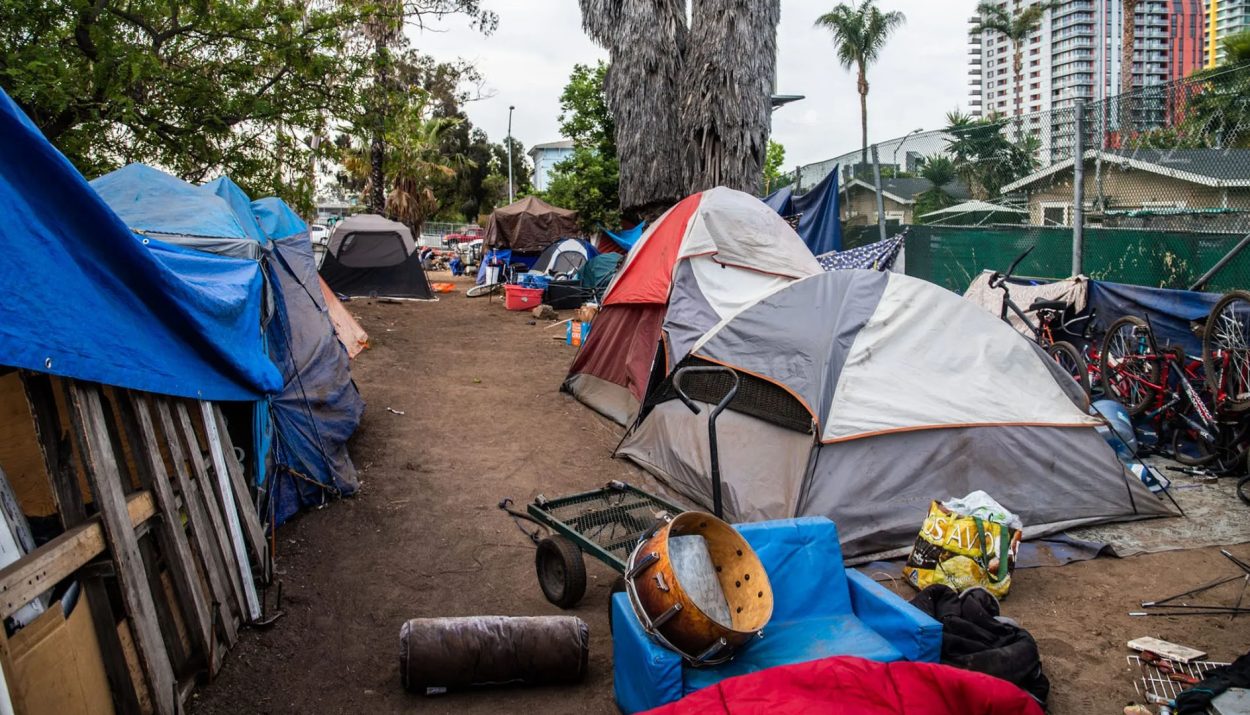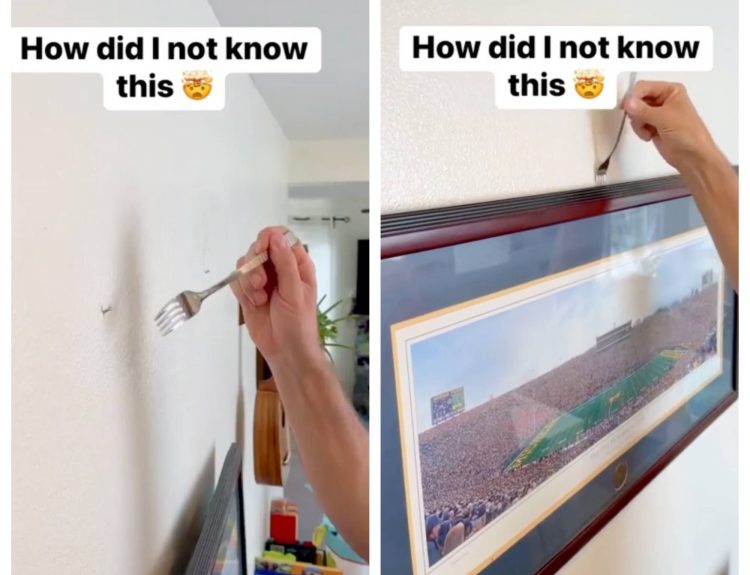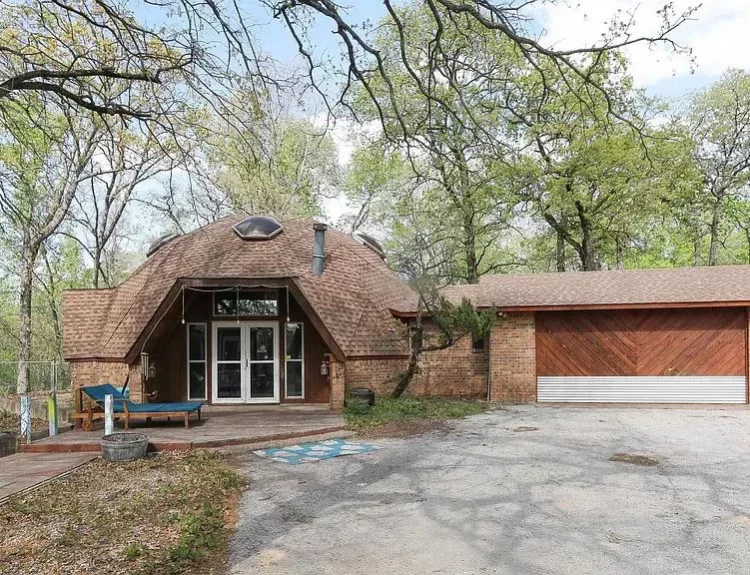As of late, the city of Chula Vista has seen a rise in the number of homeless encampments within its limits. Recent reports have identified an area of particular concern near a local park, which has become a hotspot for those without permanent housing, with over a dozen makeshift shelters having sprung up over the past few months.
This emerging issue poses difficulties for the city in balancing compassion for those in need and keeping public spaces safe and accessible. Though efforts have been made to provide outreach, rising tensions have led some to call for the dispersal of the encampments.
Growing Problem
Chula Vista has been struggling with a growing homeless population, which came to a head when the city closed Harborside Park in 2022 due to it becoming an encampment site. With the park closure, many of the homeless residents relocated to the nearby Industrial Boulevard area. This has created significant challenges for both the city and the community.
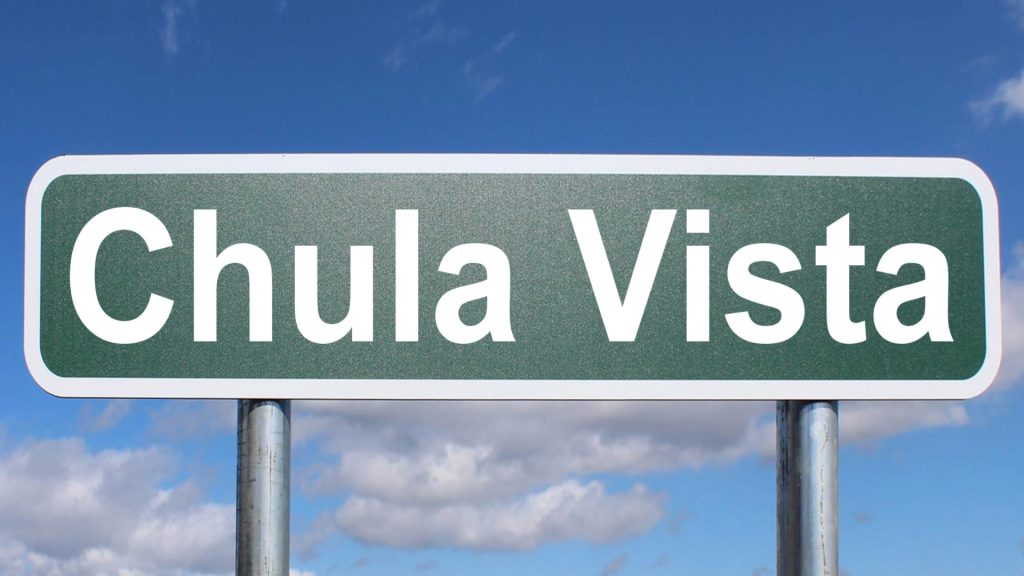
The stretch of Industrial Boulevard from Palomar Street to Naples Street has seen the most encampments and issues. This area contains a mix of businesses and residences and is frequently used by community members going to work, school, public transit, and other services.
Background of the Issue
In 2022, Chula Vista closed Harborside Park after it had become a large homeless encampment. When the city evicted those residing in the park, many relocated to nearby Industrial Boulevard, setting up tents and encampments. This has led to an ongoing public debate about issues of homelessness, public safety, and the legalities around camping bans.
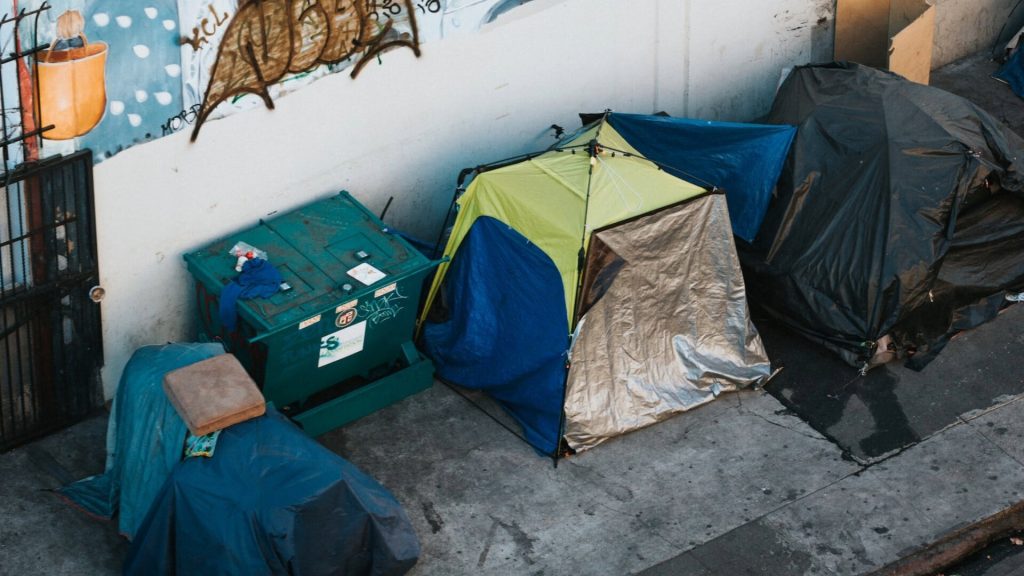
Since the migration from the closed park, Chula Vista Police have reported increased criminal activities like thefts, assaults, prostitution, vandalism, substance abuse, and more along Industrial Boulevard. The area has also struggled with accumulation of trash and waste. Attempts to clear tents and belongings have had little effect, with new camps and tents reappearing within hours.
City Council Response
The Chula Vista City Council has taken action to address the growing homeless encampments along Industrial Boulevard. At a recent meeting, the Council approved several measures, including increased police enforcement, closing off access to areas where people have set up tents, and plans to open a new low-barrier shelter.
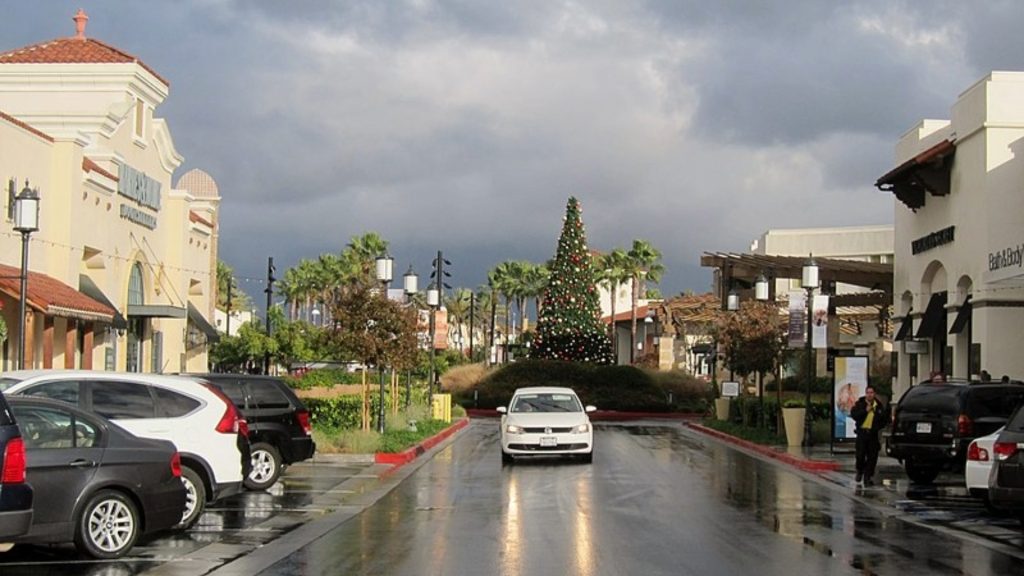
Specifically, the Council has directed the Chula Vista Police Department to step up enforcement of existing laws prohibiting public camping and other activities like drug use and prostitution that have been reported in the area. Police Chief Roxana Kennedy noted, however, that changes in laws at the state and federal level have constrained local authorities to make arrests unless adequate shelter space is available.
Mayor‘s Perspective
Mayor John McCann has emphasized the urgency of addressing the homeless encampments along Industrial Boulevard. According to city officials, there are over 300 homeless individuals in the city of Chula Vista, based on recent census figures. The area of most concern is between Palomar and Naples Street, which includes a county family resource center, an elementary school, and a transit station.

Reports of increased crime in the area, including theft, assaults, prostitution, vandalism, and substance abuse, have highlighted the need for action. Trash accumulation and environmental hazards have compounded the issue.
Homelessness Statistics
According to the 2023 point-in-time count, there are currently more than 300 homeless individuals living on the streets in Chula Vista. However, officials and nonprofits estimate the actual number of homeless people to be much higher.
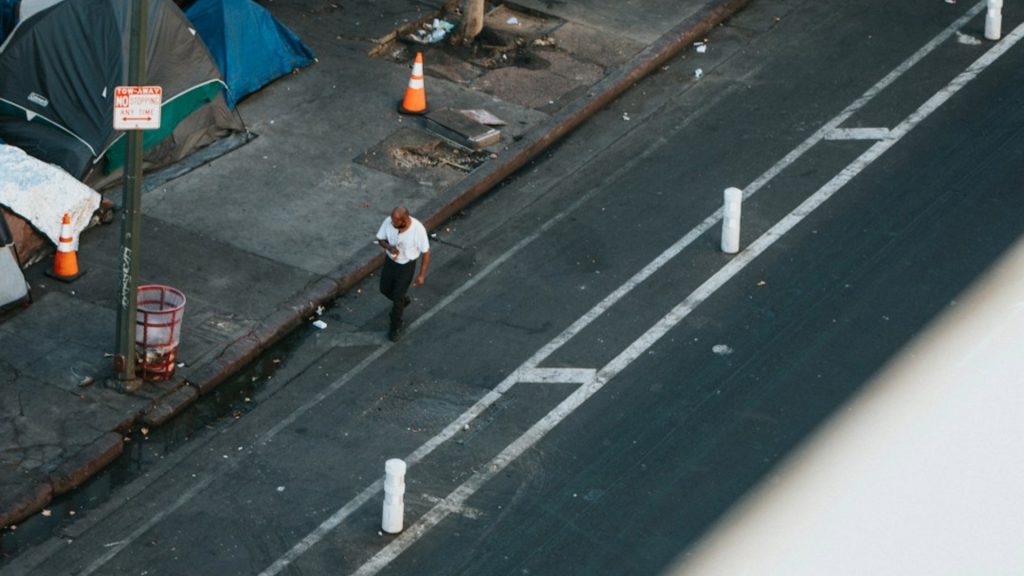
The west and east sides of Industrial Boulevard have become an entrenched “tent city” over recent months. There have been multiple reports of increased crime, including theft, assaults, prostitution, vandalism, and drug use. Sanitation has also become a major problem, with routine cleanups failing to prevent the persistent return of trash and debris.
Concerns on Industrial Boulevard
The proliferation of tents and makeshift shelters has coincided with reports of increased crime in the vicinity, including theft, assault, prostitution, vandalism, and drug use. Additionally, large volumes of trash and waste have accumulated.
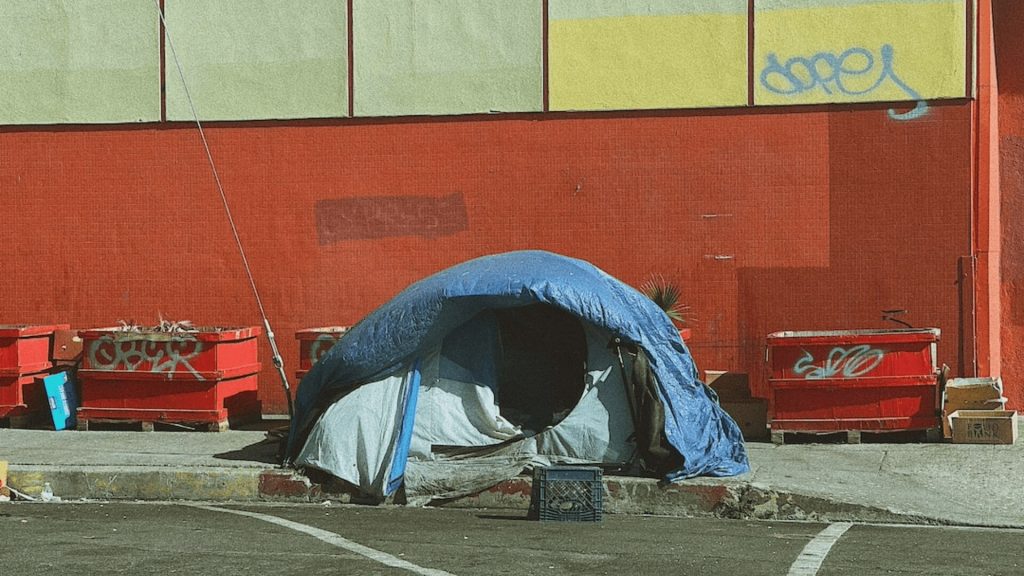
The encampments significantly impact the surrounding community. Schoolchildren must pass by the tents on their way to Harborside Elementary each day. Families accessing services at the family resource center are exposed to unlawful conduct occurring openly along the street. Transit users’ access, safety, and experience are diminished. Adjacent business owners have expressed concern over debris and reduced pedestrian traffic.
Reported Crimes and Challenges
The area has seen an increase in crimes like theft, assaults, prostitution, graffiti, and drug use, based on reports from the Chula Vista Police Department. Trash build-up has also posed sanitation challenges, especially after encampment sweeps.
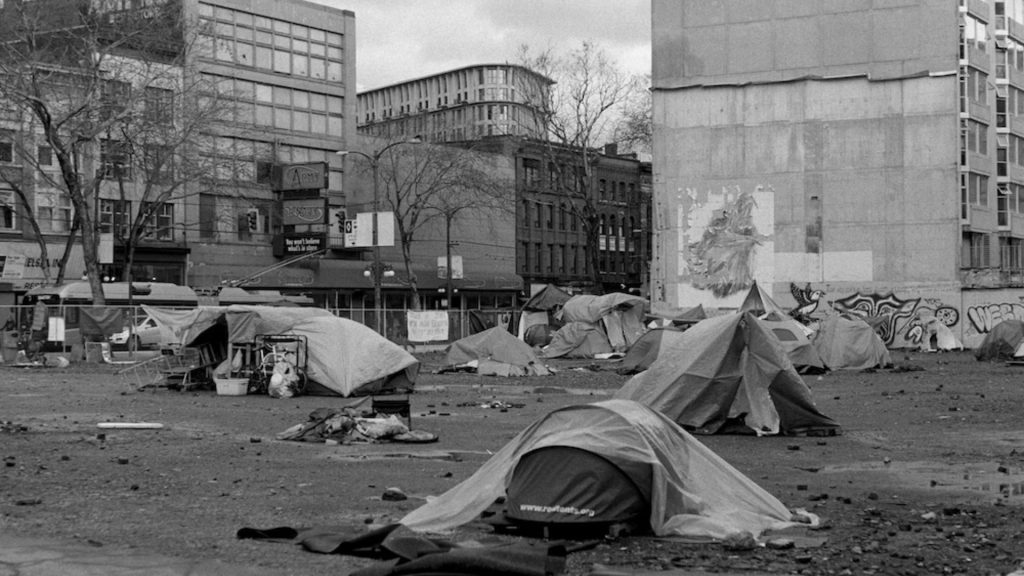
The encampments have raised concerns due to the area’s proximity to an elementary school, family resource center, and transit station frequented by families and children. Some local business owners and students have reportedly felt threatened by certain activities happening in the area.
City’s Cleanup Efforts
On January 12th, the city cleared more than 60 tents that had been set up in the area. However, by that evening, around 17 tents had already returned. The San Diego Metropolitan Transit System installed fencing along the east side of the boulevard to prevent re-encampment in that area.
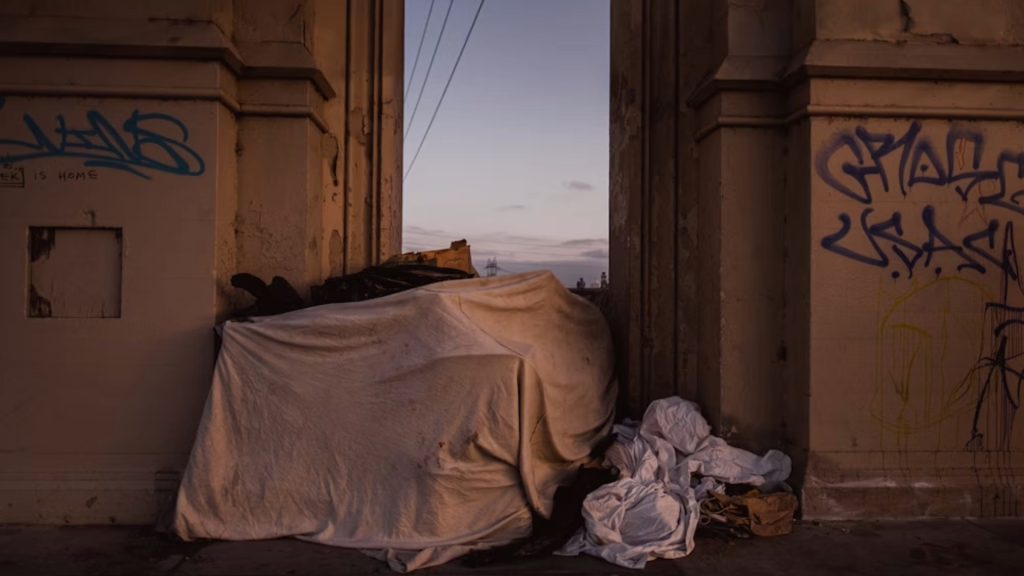
The city now plans to block access to the west side as well at an estimated cost of up to $350,000. This will hopefully deter tents from returning once removed. The city is considering adopting its anti-camping ordinance to restore some authority around public sidewalks and right-of-ways.
Cost of Cleanup and Preventive Measures
The City of Chula Vista is considering several options to address the growing homeless encampments along Industrial Boulevard, each with varying costs and preventive effectiveness. The city plans to block vehicle access and install fencing along the west side of Industrial Boulevard to prevent people from setting up tents and encampments. This project is estimated to cost up to $350,000.
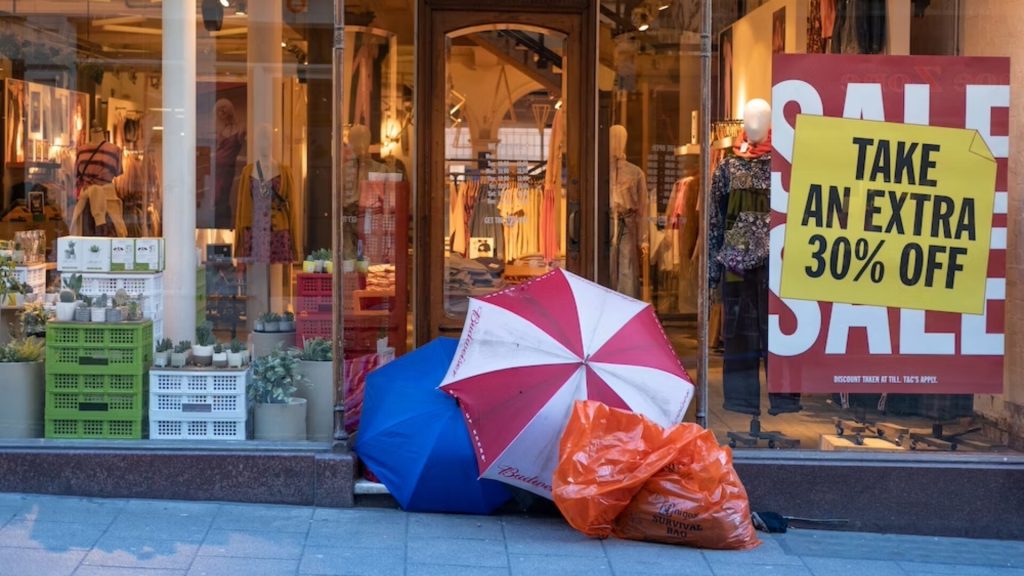
Councilmember Jose Preciado raised valid concerns that simply blocking off areas could displace people to other neighborhoods. A balanced approach is needed to ensure public safety while providing humane solutions for this vulnerable population.
Supreme Court Decision
In 2021, the Ninth Circuit Court ruled in Martin v. Boise that arrests of homeless individuals for camping on public property are unconstitutional if adequate shelter space is unavailable. This has limited the ability of local governments in Western states to remove encampments.

Several officials, including California Governor Gavin Newsom, have argued that the Martin decision is hampering their efforts to address homelessness and maintain public spaces. In a statement, Newsom said the ruling has “tied the hands of state and local governments.”
Local Response to Legal Challenges
In response to the Martin v. Boise ruling that limits the local authority to make arrests when shelter space is inadequate, the city will contemplate adopting its anti-camping ordinance. However, simply displacing people is not seen as a viable permanent solution.
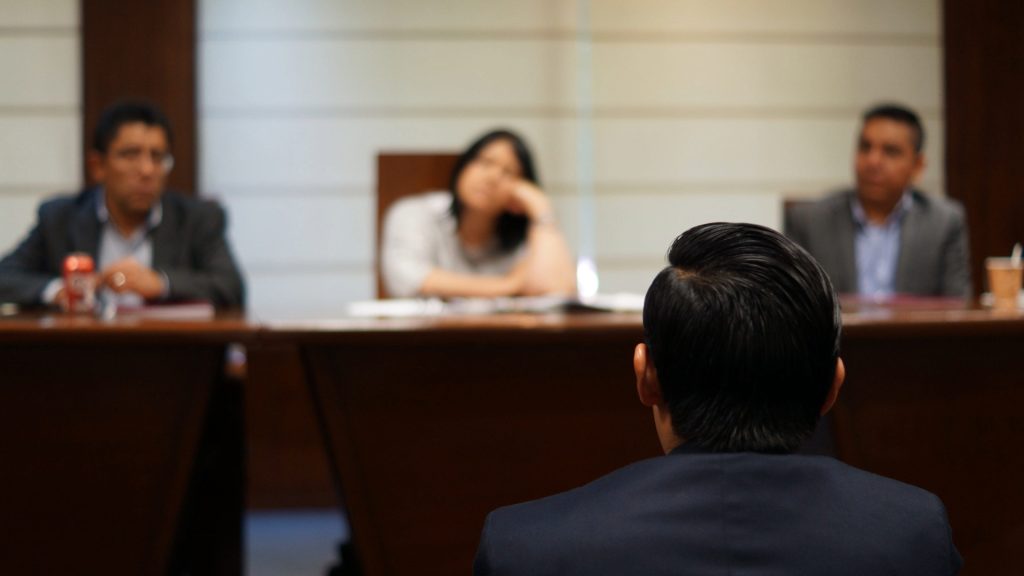
The city plans to add more Homeless Outreach Team members to compassionately engage with those living on the streets and connect them to support services. Inspired by San Diego’s safe sleeping sites, Chula Vista aims to establish a low-barrier shelter where people can access basic amenities and transition off the streets. Officials are scouting locations and estimating costs for such a facility.
Homeless Outreach Team
The City Council has decided to hire additional members for the Homeless Outreach Team in an effort to address homelessness in Chula Vista proactively. The Homeless Outreach Team is a specialized unit within the Chula Vista Police Department focused on compassionately engaging with individuals experiencing homelessness.
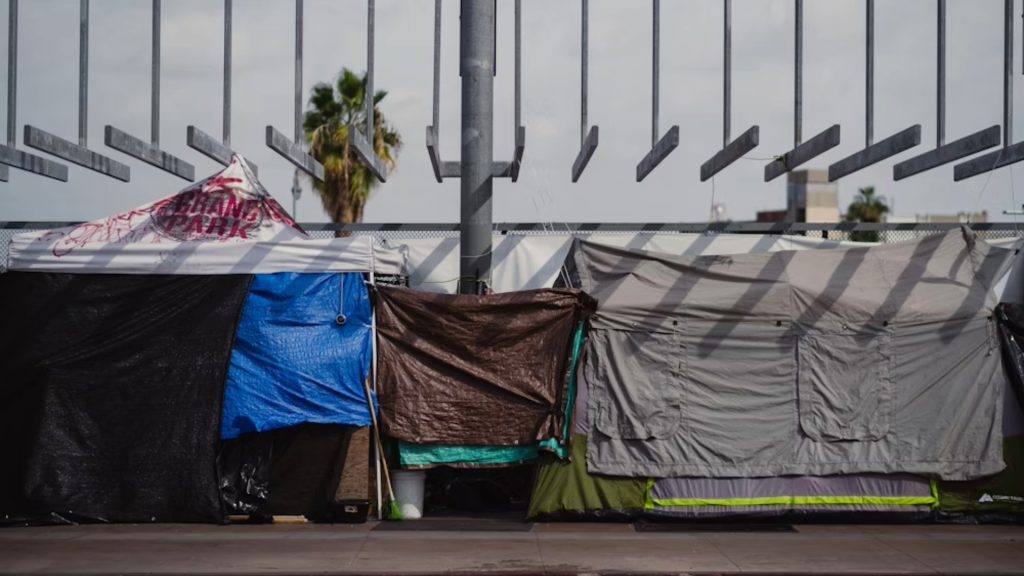
By increasing staffing for the Homeless Outreach Team, the Council aims to enhance these outreach efforts and interactions with Chula Vista’s homeless population. More team members will allow for increased coverage across the city and additional capacity to provide referrals and transportation to shelters, treatment programs, and other resources.
Additional Shelter Options
As Chula Vista works to address the issue of homelessness and encampments along Industrial Boulevard, the City Council is considering several additional shelter options. Similar to San Diego’s program, Chula Vista could establish designated areas where people experiencing homelessness can legally camp and access basic amenities like bathrooms, storage, and social services.
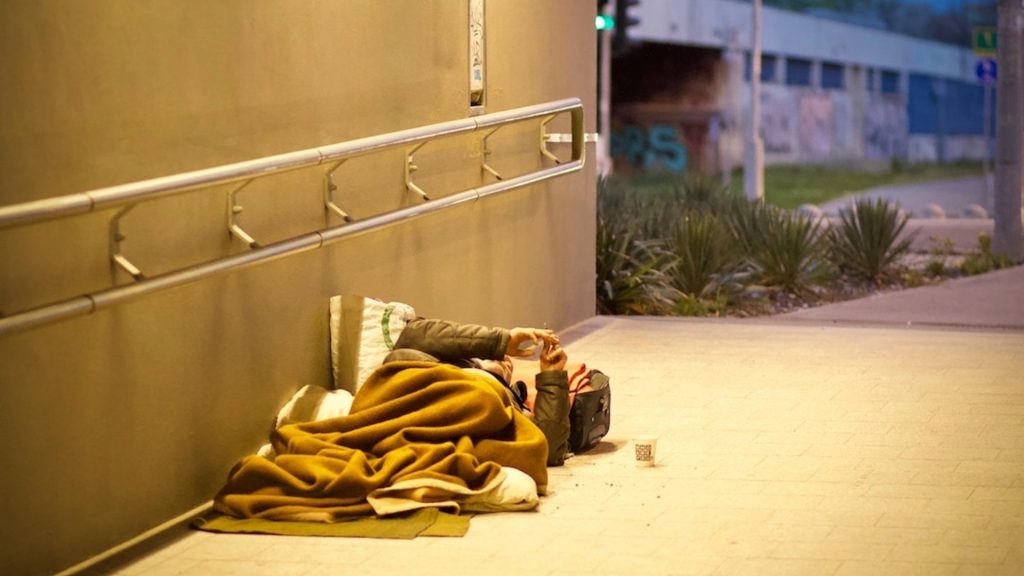
This provides a transitional option while more permanent housing solutions are developed. Considerations would need to include locations, services, permitting, and funding. The City recently purchased a motel for conversion to homeless housing. In the interim, the property could potentially be used as a safe parking site for people living in vehicles.
Future Votes and Actions
The City Council of Chula Vista will need to hold future votes regarding the details and costs associated with proposed initiatives aimed at addressing homelessness in the city. As outlined in the Council’s recent meeting, potential initiatives requiring approval and funding allocation include hiring additional Homeless Outreach Team members, exploring options to establish a second shelter, and adopting an anti-camping ordinance to prevent entrenched encampments.
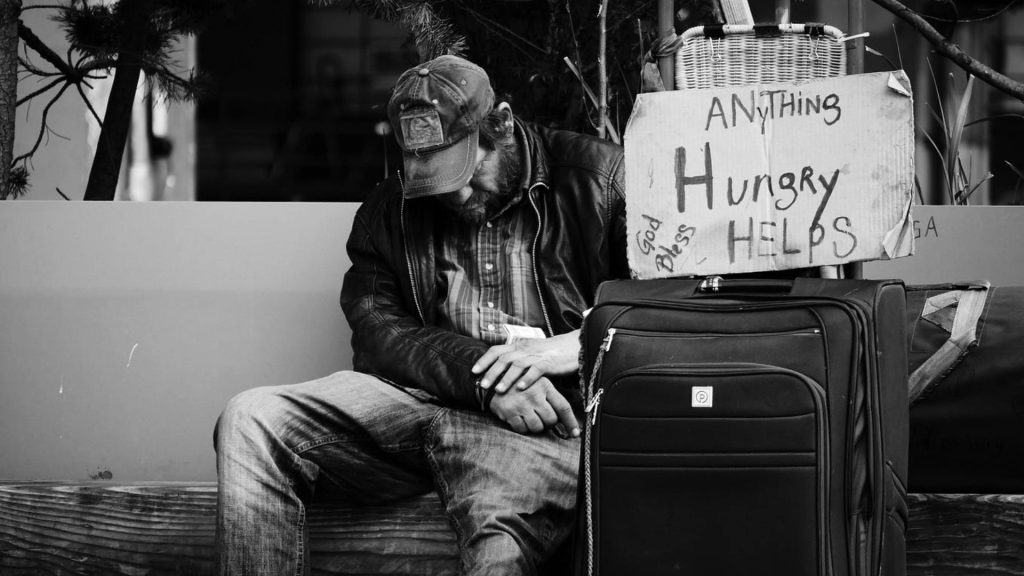
As these measures move through the process of research, planning, and refinement, community members are encouraged to remain engaged. Concerned residents can contact their Councilmember or the Mayor’s office to provide input on priorities and tradeoffs.

